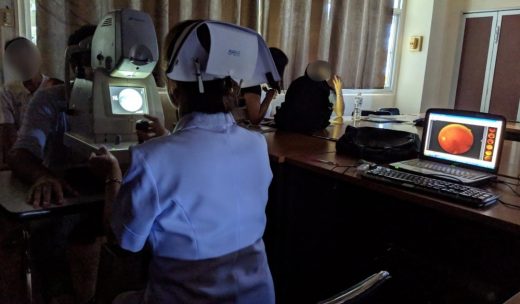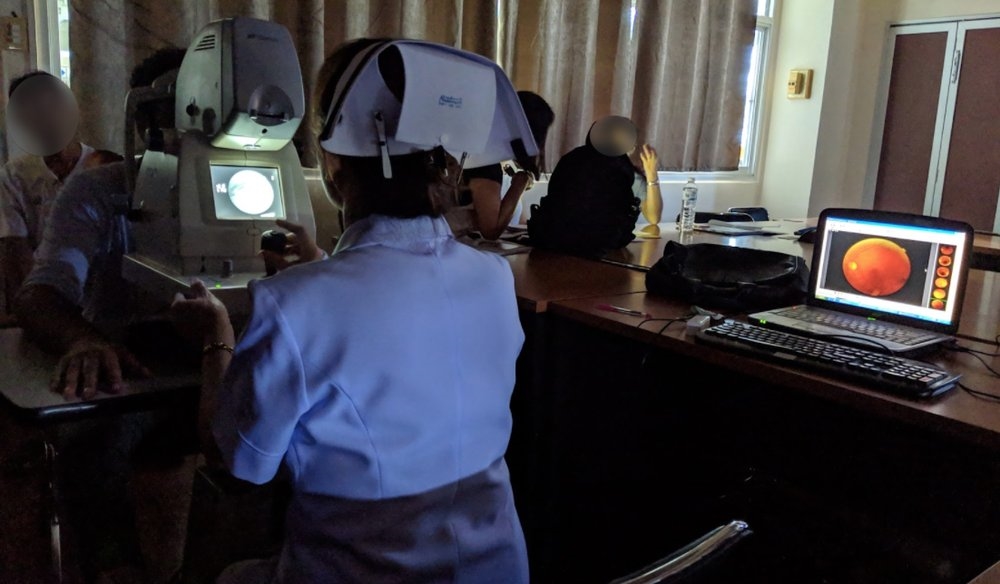Google admits its diabetic blindness AI fell short in real-life tests
The AI Google trained to catch diabetic blindness exhibited 90 percent accuracy in the lab, but it unfortunately didn’t perform as well in real life. Google tested the AI in 11 clinics in Thailand over the course of eight months, evaluating the feasibility of the technology by using it on willing patients.
In Thailand, it could take up to 10 weeks to confirm diabetic blindness from the time a medical practitioner takes photos of the patient’s eye. The AI was designed to speed the process up with its capability to come up with a result in 10 minutes. However, the team found that the algorithm couldn’t even recognize quite a few of the photos, because it was trained on high-resolution images.
The nurses in Thailand often had to scan dozens of patients as quickly as they could in poor lighting conditions. As a result, the AI rejected over a fifth of the images, and the patients were then told to come back. That’s a lot to ask from people who may not be able to take another day off work or don’t have an easy way to go back to the clinic.
In addition, the research team struggled with poor internet connection and internet outages. Under ideal conditions, the algorithm can come up with a result in seconds to minutes. But in Thailand, it took the team 60 to 90 seconds to upload each image, slowing down the process and limiting the number of patients that can be screened in a day.
Google admits in the study’s announcement that it has a lot of work to do. It still has to “study and incorporate real-life evaluations” before the AI can be widely deployed. The company added in its paper:
“Since this research, we have begun to hold participatory design workshops with nurses, potential camera operators, and retinal specialists (the doctor who would receive referred patients from the system) at future deployment sites. Clinicians are designing new workflows that involve the system and are proactively identifying potential barriers to implementation.”
(20)




